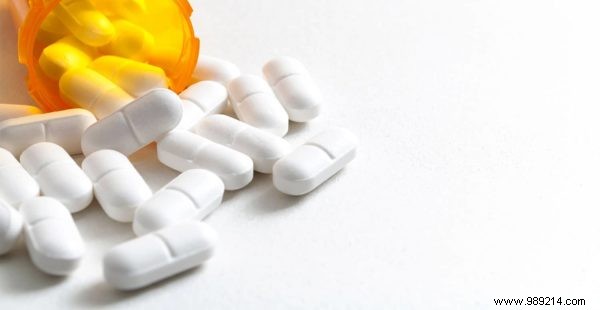
Read here about the brand and substance names of medicines.
Recently my doctor prescribed me a nasal spray. When I got to the pharmacy, the pharmacist said she didn't have the spray prescribed by the GP, but she did have another one that was exactly the same. This was followed by an explanation of something like brand name and substance name. A friend of mine also got something different from the recipe:instead of Prozac she got fluoxetine. Of course I assume that the pharmacist will not just give something, but I did have some doubts. A general practitioner doesn't just choose a certain medicine/brand, does it? G. van der P., Beesd
Pharmacist Marjan Terpstra: We often hear this question in the pharmacy. If someone gets something different than what's on the recipe, it's often a complete surprise. Not only for the patient, but sometimes also for the GP. Without the proper explanation, this raises the necessary doubts. The effect of a drug is determined by the active ingredient it contains. The active ingredient in Prozac, for example, is fluoxetine.
If the general practitioner prescribes a medicine with a specific active ingredient, the pharmacist can choose from three different types of medicine:the branded medicine, the branded medicine imported from abroad, which is sometimes cheaper, or the unbranded medicine, which is usually the cheapest. These medicines differ in price, but not in quality.
The government checks and guarantees that generic drugs such as fluoxetine meet the same requirements as branded drugs, such as Prozac and the imported drugs. Many millions can be saved by prescribing a cheap medicine (doctor), giving it (pharmacist) and reimbursing it (health insurer). In this way, everyone contributes to affordable healthcare.”